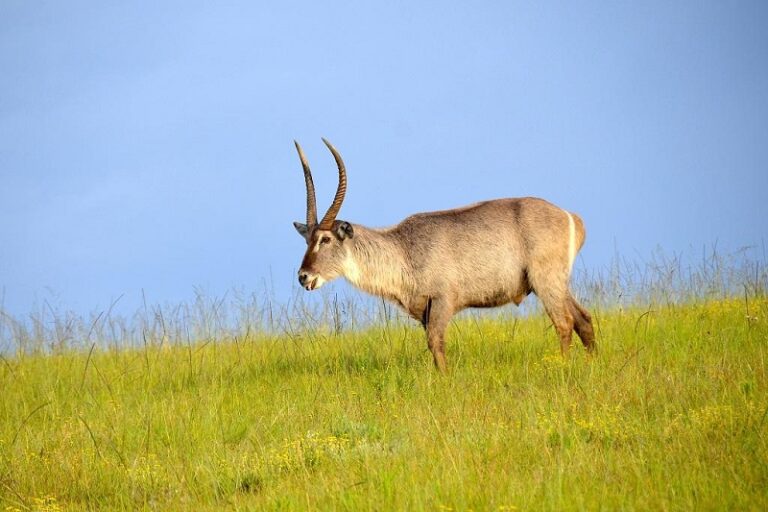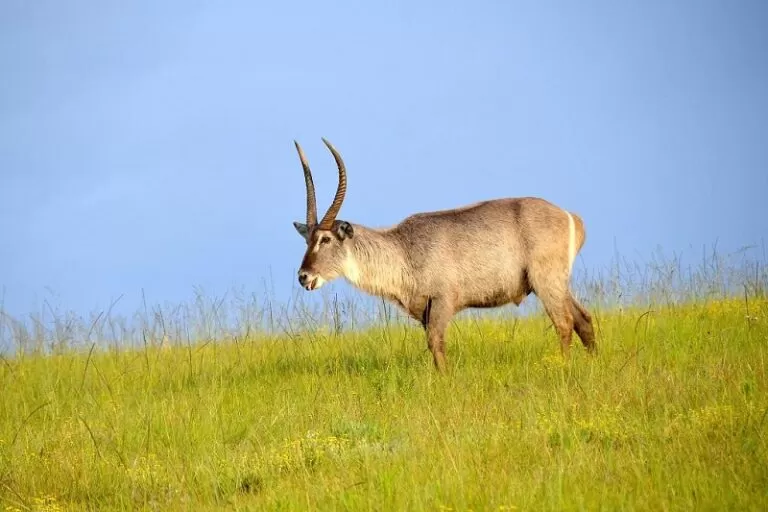

africa gets $200 billion conservation fund
A $200 billion trust fund has been established for the preservation of the approximately 8,600 protected areas encompassing 26 million square kilometers in Africa. Conservationists have urged international aid for it.
One of the numerous outcomes of the African Protected Areas Congress was the trust. It was the first time that African leaders, people, and interest groups had met on the entire continent to talk about the ecological services that support human welfare and subsistence.
The International Union for the Conservation of Wildlife (IUCN), a global organization active in the subject of nature conservation, organized the gathering.
According to Rwanda’s environment minister, Mujawamariya Jeanne d’Arc, her country became the first to sign up for the trust. The African Wildlife Foundation, IUCN, and Anthropology of Social Change and Development (APAD) jointly developed the idea of a Pan-African Conservation Trust.
While AWF is a conservation organization that focuses on Africa’s wildlife and wild regions, APAD is an international association that works for social development.
The AWF visited more than 2,000 national parks throughout the continent, according to Kaddu Sebunya, the organization’s chief executive. He claimed that in order to fairly conserve nature in protected areas, “roughly $1,000 per square kilometer was needed.”
According to Sebunya, “I suppose we are paying around $50 per square kilometer right now across Africa.” There is a glaring vacuum in the budget, and it would take nearly $2 billion per year to fund all protected and conserved sites.
Although it may appear to be a sizable sum of money, Sebunya noted that the continent has committed trillions of dollars to economic growth and education.
He continued that if there is no conservation, agricultural investments will not be successful.
Sebunya emphasized that Africa must be in charge of the fund as well. Although it doesn’t simply benefit Africans, it is the duty of Africans to take care of their biodiversity as its guardians. He declared that the rest of the world is why we are doing it.
Donors, who will be asked to pay into the trust as well, cover about 70% of the cost of conserving Africa. According to Sebunya, without the participation of the continent, no effort to combat climate change is successful.
The head of AWF claimed that since Africa was bearing the burden of other nations’ activities, contributions from all countries were necessary for the fund. African nations do not add to the amount of pollution in the world. The speaker claimed that this predicament is the result of the so-called industrialized countries’ carelessness.
Africa, according to Sebunya, is not merely investing in conservation for its own sake. “We are investing in conservation because, as Africans, we depend on these resources for our own growth.”
The importance of conservation was emphasized by Bruno Oberle, the director general of the IUCN, who stated that “almost 50% of the world’s GDP is tied to nature.” “Up to 10% of sub-Saharan Africa’s GDP is specifically related to its protected areas.”
According to Frederick Kumah, vice president of the AWF, the funding trust needs at least $2 billion in initial capital, although even that amount might serve as a starting point.
Hailemariam Desalegn, a former prime minister of Ethiopia and the head of the A-PACT steering committee, urged African leaders to help with the financing.
US Secretary of State Marco Rubio ordered South African Ambassador Ebrahim Rasool to leave America by March 21 because he…
Early 2025 ends with IPL fever in India and cricket fans receive good news of an international schedule full of…
National teams from Africa advance their World Cup qualification pursuit as they take part in Matchday 5 of the qualifiers.…
Creative Africa Nexus (CANEX) is running the Book Factory Prize for Publishing in Africa again to award $28,000 to African…
Canadian companies have expanded their presence as major African mining stakeholders and invested more than $37 billion. Africa holds the…
The South African government wants people to plant one million trees across the nation within a single day on September…
This website uses cookies.